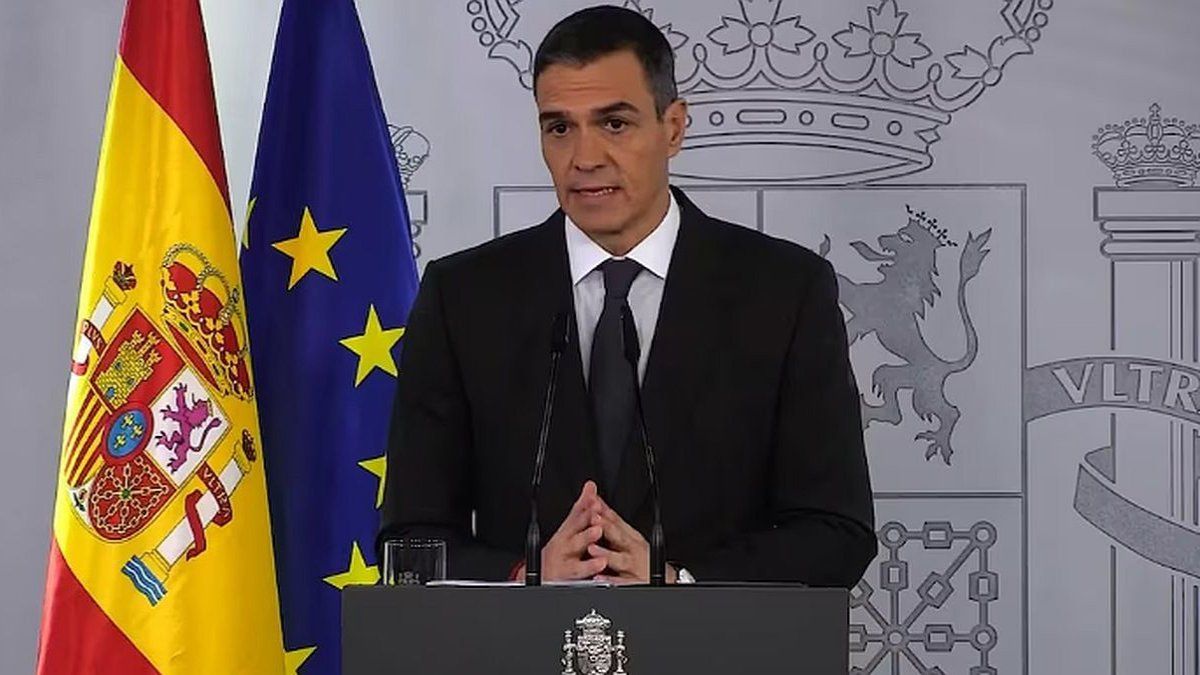Within the framework of a meeting of global analysts and investors, the president of the Central Bank of Uruguay (BCU), Diego Labataffirmed that from the state body they have gone “Slower“of what they have wanted in regards to a process of de-dollarization of a part of the national economyso they have not made great progress in this regard.
Labat maintained that, in any case, “many steps have been taken” despite the fact that “the international context has not helped the times coincide“. Regarding this, the hierarch highlighted the conversations that the BCU had with national industry players on the subject, and the improvements in the tax regulations that have been proposed.
The president of the BCU hopes that, after these “small steps”, already “the times are coming to put our foot on the accelerator” in this matter, since “the dollarization of the economy is a restriction for the transmission of monetary policy in Uruguay” and “adds a bunch of irregularities in the economy“.
The BCU seeks to strengthen the free floating of the dollar
The hierarch continued saying that from the BCU they have done “important efforts to strengthen the free floating (of the dollar)”, in a search for the exchange market to “reflect supply and demand more transparently”.
From the Central, they celebrate having achieved that “different agents that for different reasons operated directly with the BCU joined the market”, in what, they understand, “is a central issue in this policy framework.”
BCU: “the interest rate drop will be as slow as we deem necessary”
The head of the Central maintained that “the interest rate drop will be as slow as we deem necessaryalways taking care of the credibility of the inflation targeting regime, and seeking the convergence of inflation and its expectations to the target range”.
Likewise, he maintained that the interest rate was adopted as a policy instrument to “improve signals to the market” and to be able to “fine tune” monetary policy with a much greater frequency, achieving a domestic money market “deeper“.
“We have established the mandate to reduce inflation,” said Labat
Labat argued that “in a world that had not talked about inflation for four decades and today has it as a priority“, the reduction of this is “a central issue to be resolved in the country’s economic agenda”, since “ataffect long-term growth” of the same.
A task that, in a country with a long inflationary history, and “with a fixed exchange rate regime that is still in the memory of many, is not an easy task”, but rather “a process” that they must underpin every day, from of “anchoring expectations within the target range”, and lowering it in a “stable” and “lasting” way.
Source: Ambito




